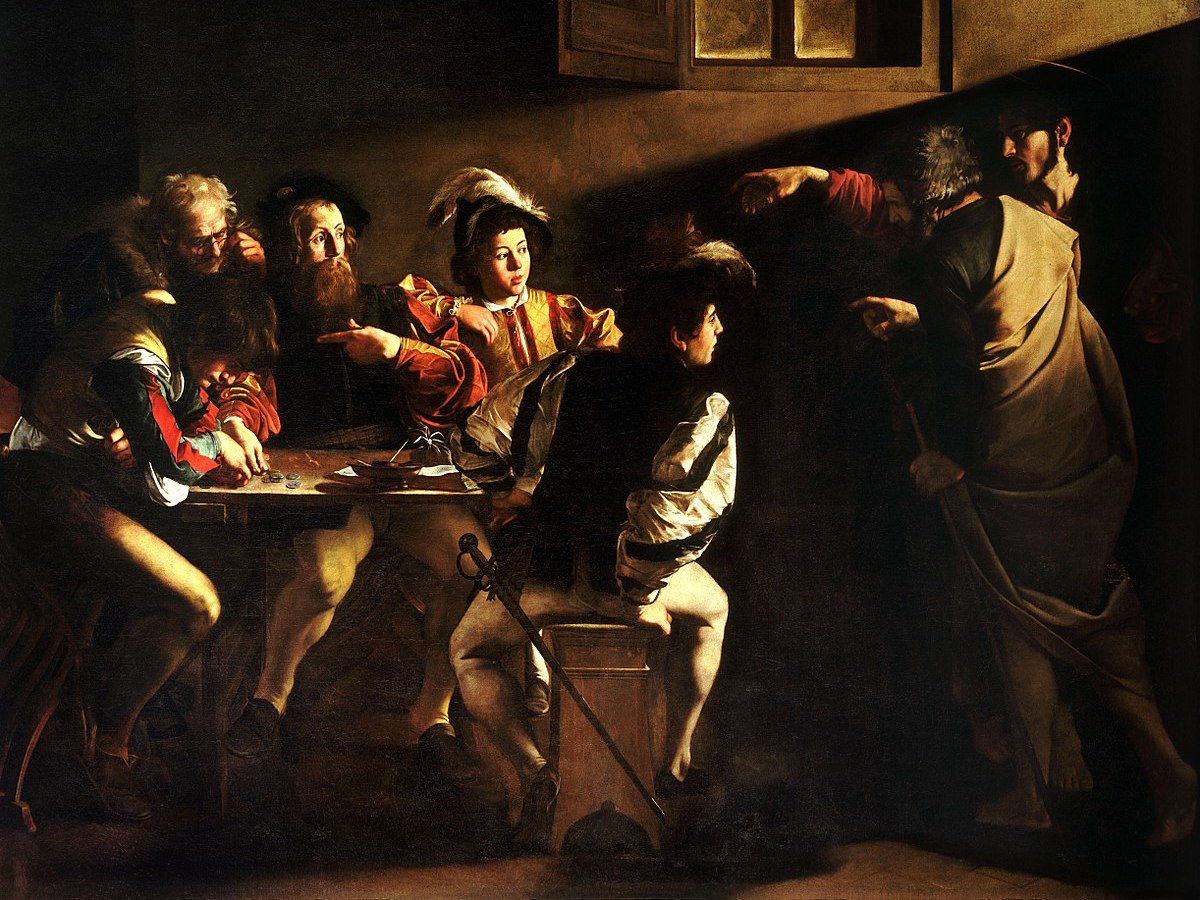HUMS 374, Greed and Its Discontents: From Aristotle to the Present

Course Description:
Money matters, whether we like it or not. Besides being an economic means, it plays a pervasive role in the lives of individuals and the social fabric at large – a role scrutinized by writers, philosophers, and cultural theorists. By opening up a vast horizon of possibilities, money represents power and desire. It is regarded as an enabler of freedom by some, and as a source of alienation by others. Money is said to be detrimental to social cooperation, as it fuels the “frenzy to achieve distinction” (Jean-Jacques Rousseau). When it comes to greed and its discontents, issues of status, recognition, and contempt come into play. Money, which has been called an “abstract” form of happiness (Arthur Schopenhauer), permeates the debates on the intricate relation between well-being, welfare, and wealth. On a macro level, the standings of different social spheres, including the economy, politics, and the realm of intimate relationships, depend on the question of whether “everything is for sale” or not (Debra Satz). In this course, we explore the meaning of money by tracing the arc from Aristotle to the present.
Led by:
This course is taught by Visiting Professor Dieter Thomä.We are honoroed to have Prof. Thomä with us for Fall semester, 2021. Prof. Thomä is Professor of Philosophy at the University of St. Gallen in Switzerland. His bio is below. Dieter Thomä, born in 1959, began his career as a journalist with the Sender Freies Berlin, after graduating from the Henri-Nannen School of Journalism. He studied in Berlin and Freiburg/Breisgau and taught in Paderborn, Rostock, New York, Berlin and Essen. Dieter Thomä completed his dissertation in 1989, and his habilitation in 1997. In 1996, he won the Prize for Essayism at the international Joseph-Roth competition in Klagenfurt, Austria. Since 2000, he has been professor of philosophy at the University of St. Gallen, and from 2002-2005 dean of the School of Humanities and Social Sciences. From 2002-2008, he was on the editorial board of the “Deutsche Zeitschrift für Philosophie” and responsible for book reviews. Since 2003, he is co-editor of the “Reihe zur Einführung”, Junius Verlag, Germany. Furthermore, Dieter Thomä was a fellow at the Getty Research Institute in Los Angeles (2002-2003), at the Max Weber Center in Erfurt (2007-2008), at the Wissenschaftskolleg in Berlin (2009-2010) and at the Institute for Advanced Study Princeton (2018-2019). His research interests are in social philosophy, ethics, cultural philosophy, political philosophy, and phenomenology. In all of these endeavors, he is guided by the Socratic question of “how to live”. |